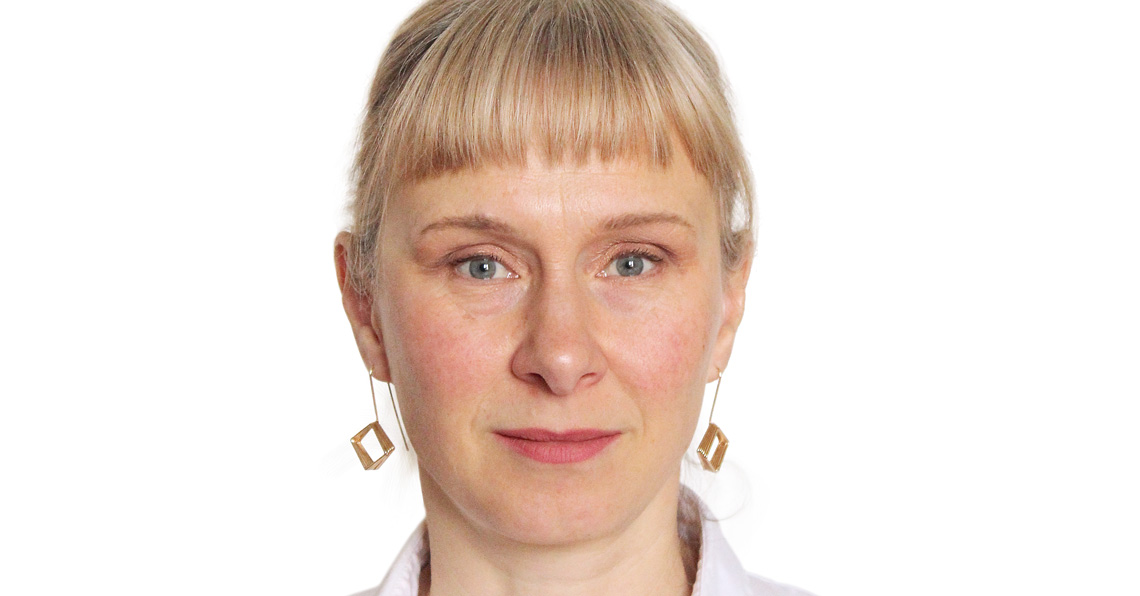What are you reading? Wendy Moncur
Issue: XXVI.3 May - June 2019Page: 12
Digital Citation
Authors:
Wendy Moncur
My choice of reading matter usually follows a certain pattern: fiction with a strong storyline and well-drawn characters, grounded in a real-world context that I know little about. This context might be the Forbidden City in China as the last emperor's reign disintegrated (Empress Orchid by Anchee Min), crime and power in Tudor London (The Shardlake Series by C.J. Sansom), or the mechanics of the perfume industry in 18th-century Grasse in France (Perfume: The Story of a Murderer by Patrick Süskind). Just so long as I am entertained while also learning something new about the world. Often I buy these books from charity shops in the small coastal town where I live.
However, my reading habits have changed recently. I attribute this to the opening of a small independent bookstore a short bike ride along the coast from where I live. Not only do the staff make great coffee, and deliver it to customers who are ensconced on a leather sofa in front of a fireplace upstairs, but these staff also actively encourage browsing. That kind of coffee never comes cheap.
My recent book purchases reflect having the time to browse at leisure. These books all have striking covers. On reflection, all of them embrace themes of identity, relationships, and transition. There is an unintended parallel between my choice of books and my life as a researcher, where my work focuses on these same three themes of identity, relationships, and transition, albeit in a digital age.

Circe, by Madeline Miller, reworks the Greek legend of the goddess Circe, daughter of the sun god Helios. Immortal Circe's life spans millennia, encompassing change at a rate invisible to mere mortals: the ultimate in slow living. Over time, she transitions from a rejected nymph dismissed by her fellow divinities, to lonely outcast, to powerful sorceress in control of her own destiny. Though her story is told against a backdrop of egomaniacal deities to whom human life is fleeting and inconsequential, it is Circe's interactions with humans that catalyze change for her.
There is an unintended parallel between my choice of books and my life as a researcher.

A more contemporary account of transition comes in The Cost of Living by Deborah Levy. This autobiographical volume examines the author's journey from a way of living that is imbued with compromise and the suppression of identity to a fuller, truer life. It reflects on changes in her intimate relationships and in her perspective on herself. Along the way it draws on the work of other writers, including Simone de Beauvoir and Freud, providing pithy quotes that I'm sure to borrow for future papers.

My third recent read is I am I am I am by Maggie O'Farrell. Another writer's autobiography, it is weirdly skewed to all the times that O'Farrell has nearly died, through illness, accident, and happenstance. It's an oddly life-affirming book, taking us from her sickly childhood, through a series of near misses and deeply personal losses, to comparative health, maturity, and motherhood. It's a book about all the layers of life experiences that go toward making us who we are as grownups, and how we are always growing toward being our ultimate selves, with multiple instantiations along the way.
Across all of these books, the central characters are not static: Their identities change across their lifespans, influenced by relationships and events. Perhaps this dynamic aspect of identity is what draws me to these stories. It's certainly what draws me to the research that I do. People are endlessly interesting. They continue to change and grow across their lives, and their technology needs to change with them.
Wendy Moncur is Interdisciplinary Professor of Digital Living at the University of Dundee. Across her career so far, she has been a programmer, systems analyst, database designer, parent, community childbirth educator, mature student, researcher, public speaker, and expert in translating research into real-world impact. [email protected]
Copyright held by author
The Digital Library is published by the Association for Computing Machinery. Copyright © 2019 ACM, Inc.


